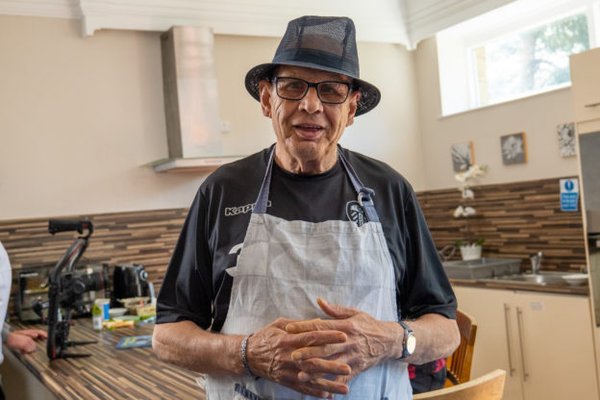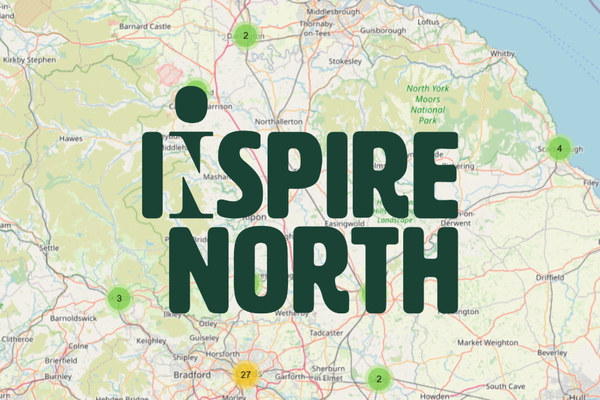Learning I’m Dyslexic in My 40s: A Journey of Understanding
My school years were in the 90s, a time when dyslexia wasn’t spoken about much, at least not in my school or my home. Back then, classrooms weren’t built for children like me. As of 2025, if a UK school suspects that a student has dyslexia, it follows a structured process, starting with classroom observations and informal assessments led by the SENCo. Support is provided through a graduated approach (assess, plan, do, review), often without the need for a formal diagnosis. Interventions may include tailored teaching strategies, assistive technology, and reasonable adjustments like extra time in exams. If needed, the school may refer the student for specialist assessment. Staff are encouraged to receive dyslexia training, and collaboration with parents and professionals is key throughout.
I was the child who worked hard secretly but seemed to always fall short, the one overlooked by teachers and left to figure things out alone. I was seen as disruptive and badly behaved.
School wasn’t just difficult; it was a battlefield for me. Teaching me that I had to be ready to battle to be heard or understood. This is something I am still navigating now. In school, every test I sat, every reading task, and every time I was asked to read aloud, caused me extreme anxiety. I knew I was capable of more, but the options to shine outside of the expected 'inflexible curriculum' didn't allow me to explore this.
The world around me kept telling me I wasn’t enough. Backhanded compliments, such as she isn't lazy, just careless.
It took years before I was diagnosed with dyslexia. This year, in fact, August 2025. Thanks to the support from my line manager and peers. Years of struggles, years of thinking there was something wrong with me. When the diagnosis finally came, I felt a strange mix of relief and a type of grief. Relief, because I finally had an explanation for how I viewed the world and grief, because I had been left to fight this battle for so long without the right support.
I was disappointed that nobody was brave enough to discuss it with me. I often ask myself, "why didn’t anyone notice sooner?"
Even after diagnosis, life hasn’t been straightforward. Dyslexia doesn’t go away. It doesn’t magically fix itself once you know its name. I’ve had to push harder than most, working differently, finding strategies, proving myself again and again, even when others don’t ask me to.
But here’s the truth: I am still here. I’ve achieved things that once felt impossible. I’ve kept going when it would have been easier to give up. I’m beginning to see dyslexia not as a limitation, but as a unique strength. It brings creativity, fresh perspectives, and problem-solving skills that often go unnoticed. The way dyslexic minds process information can lead to innovative thinking and powerful insights.
Looking back, I realise that grit and determination have always been my driving force. They helped me achieve what I set out to do. I am resilient - and it’s that resilience that keeps me moving forward.
To anyone else living with dyslexia, especially those who feel unseen or misunderstood, you are not less important or less intelligent than others. It’s time we stop viewing dyslexia through a deficit lens and start recognising it as a different and valuable way of thinking.
There is support out there, and there are software and hardware technologies that can make life easier. There is even a variety of coloured notepads that make all the difference for reading and writing, and they don’t cost very much.
With determination, you can carve out a future that others may never have imagined for you. Inspire North is an organisation that values individuality and supports growth in everybody.
I’m proof of that. And so are you.
Kira Moxon-Lumb
Director of Operations







